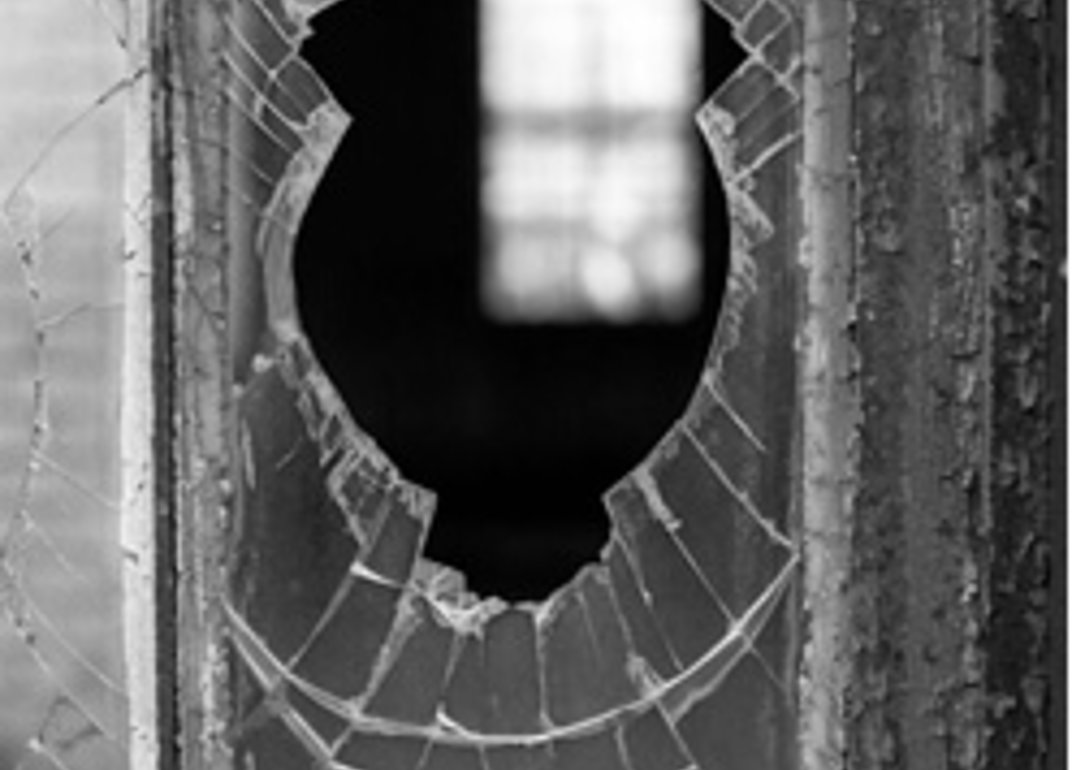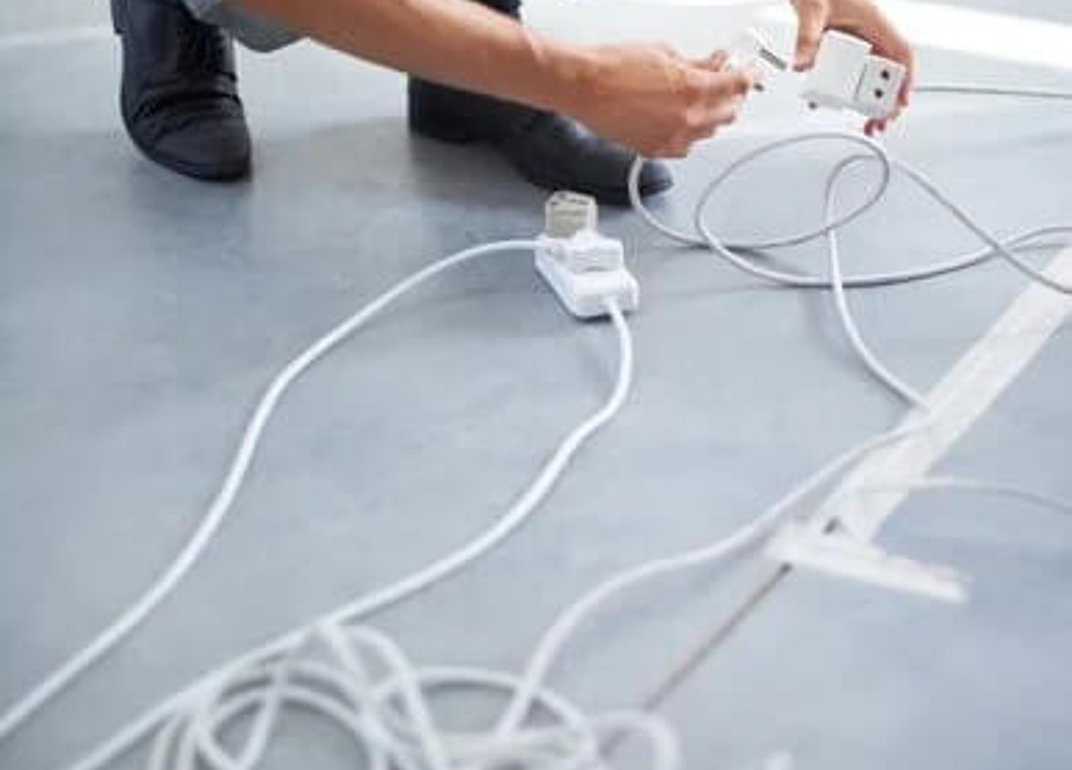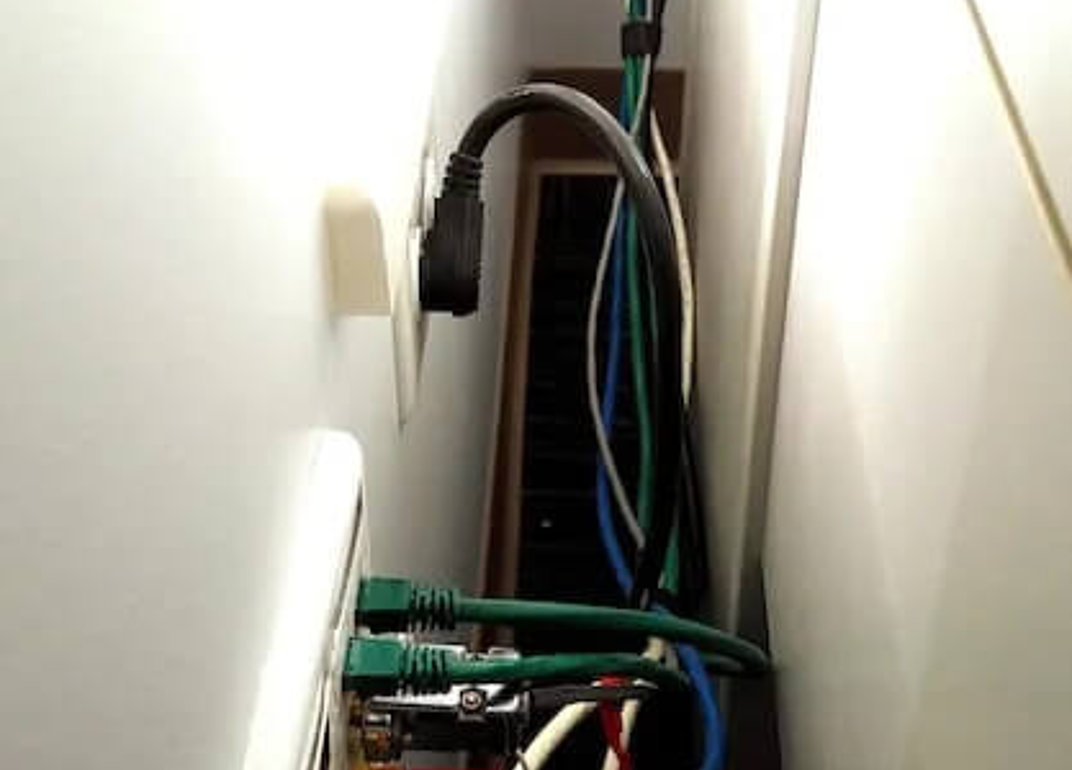
Safety Week 2024: The impact of small details

As we gear up for Safety Week 2024, we are shining a spotlight on a simple yet powerful concept: the impact of small details. Often, it's the seemingly minor issues—like cluttered spaces or minor maintenance lapses—that set the tone for workplace safety. These details may not grab attention, but their effect on our overall safety culture is undeniable.
Think of it as the "Broken Window" concept: If we let small issues go unaddressed, it signals that safety standards aren't a priority. Something as simple as a broken window or an unmarked hazard reflects a willingness to accept lower standards. But by taking care of these small housekeeping issues, we set a tone of responsibility, showing that we are committed to maintaining a safe and high-standard environment.
Cautionary tales
Consider a few cautionary tales: A colleague trips over an unmarked cable lying across the floor, leading to a minor injury. Or think about a small fire starting because a malfunctioning electrical outlet was left unchecked. These examples highlight how small oversights can lead to significant problems.
Why small issues matter
Here’s a closer look at some specific small issues that can have a big impact:

Cluttered walkways
Imagine tripping over scattered cables or boxes left in hallways. These small oversights can cause serious falls. Regularly tidying up and ensuring walkways are clear helps prevent such accidents.

Overloaded electrical outlets
Using too many devices on a single outlet might seem convenient, but it can lead to electrical fires. Avoid overloading outlets and ensure all equipment is properly maintained.

Unsecured chairs
A chair that isn’t adjusted properly or has a loose wheel might seem minor but can lead to falls or back injuries. Regularly check and adjust office furniture for safety.

Unmarked spill areas
A spilled beverage in a high-traffic area can create a slip hazard. Clean spills immediately and use warning signs to alert others.
Practical tips for addressing small issues
To incorporate safety checks into your routine:
- Be mindful: Stay aware of your environment. For instance, always use handrails while going downstairs and check for hazards around you.
- Regular inspections: Perform routine checks of your workspace to identify and resolve potential hazards, such as loose cables or obstructed exits.
- Create safe habits: Make it a habit to ensure all exits are clear, emergency equipment is accessible, and spills are addressed promptly.
- Know your resources: Familiarize yourself with the location of first aid kits and know your site’s HSSE manager. Being prepared can make a significant difference in an emergency.
- See it, sort it, report it: Take responsibility when you notice small safety concerns. Act quickly or report the issue.
The small details matter more than we might think. By focusing on these aspects and making safety a daily habit, we contribute to a safer and more efficient workplace. Let’s stay attentive and proactive in maintaining our safety standards.
Keep an eye out for more updates and continue to prioritize safety!
